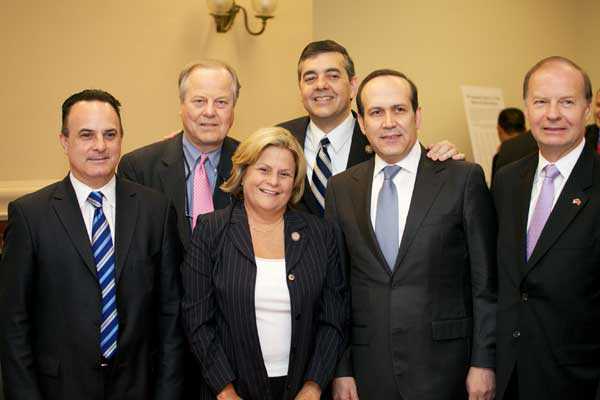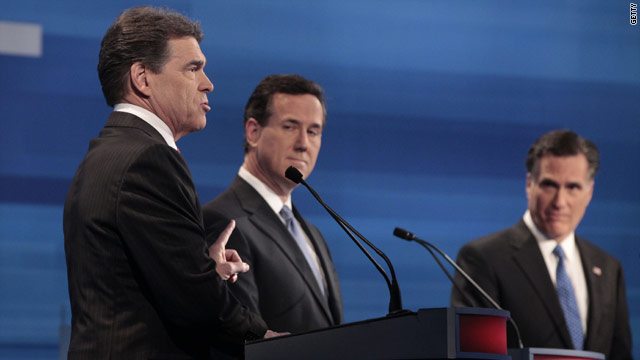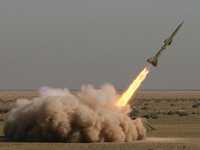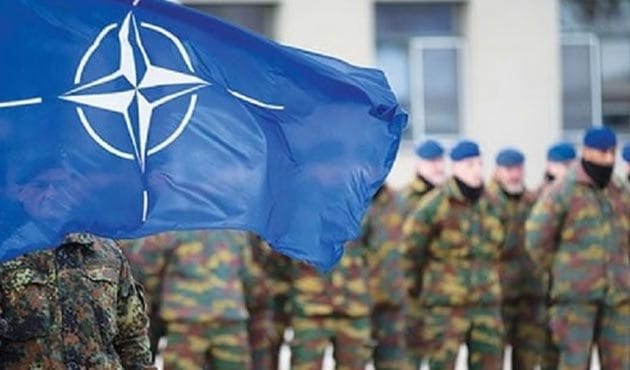James Joyner | June 03, 2010
Israel’s attack on a Gaza aid flotilla, killing nine, has earned near-universal condemnation, with even sympathetic observers terming it the act of a bully, tone deaf, staggeringly stupid, tactically incompetent, a major tactical blunder, a moral victory for Hamas, and an unqualified disaster for Israel’s reputation. But Israel is rather accustomed to international scorn and has every right to chart its own course. However, this latest incidence has potentially grave consequences for United States and its transatlantic allies.
Turkey, a founding member of the NATO alliance and heretofore Israel’s only friend in the region, is apoplectic.
Foreign Minister Ahmet Davutoglu proclaimed Tuesday morning, ““Psychologically, this attack is like 9/11 for Turkey.” As idiotic as that may seem — there were 9 deaths, not 3000, and the incident involved provocateurs flouting a naval blockage, not innocents in the Turkish homeland — the actions of his government indicate that the sentiment is genuine.
Prime Minister Recep Tayyip Erdogan accused Israel of “state terrorism” and he told his parliament the Israeli assault violated “international law, the conscience of humanity and world peace.” Erdogan proclaimed the incident “a turning point in history. Nothing will be the same again.” Serkan Demirtas, writing in Hurriyet, sees “a long-term diplomatic war between Turkey and Israel” as “unavoidable.” Similar statements have been made by Turkish pundits and analysts, including those considered moderates.
Erdogan, noting what seems to be the end of the Turkish-Israeli alliance for the foreseeable future, proclaimed, “Turkey’s hostility is as strong as its friendship is valuable.” And veteran columnist Sami Kohen proclaims, “Turkey now is one of the sides in the Middle East conflict. It is quite clearly opposed to Israel.”
Erdogan also raised the specter of Article 5: “Citizens of member states were attacked by a country that was not a member of NATO,” he said. “We think that should be discussed in NATO.” Again, this is overblown. Whatever one thinks of the Israeli action, it was decidedly not an attack on Turkey “in Europe or North America.” And, while Article 6 makes provisions for extending the umbrella of protection to “forces, vessels, or aircraft of any of the Party” operating in the Mediterranean Sea, it rather clearly is intended to apply to the defense of colonial territories.
But security analysts Steve Hynd and Robert Mackey think this irrelevant and that if Turkey invokes the Charter, the U.S. will face a dire choice, indeed. As Mackey puts it:
Because if Turkey invokes the NATO charter and the US doesn’t react, then NATO is GONE. GONE and DEAD. Why? Because when the US was attacked on 9/11, the NATO charter was invoked–and that is why NATO troops are in Afghanistan today. 9/11 was proof that NATO was not just an ‘anti-Russian’ pact–that it applied anywhere. If the US doesn’t go along with a Turkish response…it will reveal NATO as being a “US pact”–that the entire alliance exists only to help the US. Oh, there will still be mutual defense treaties with the UK and maybe Germany. But that is just about it. And the US will have to go on its own in Afghanistan.
Legally, this strikes me as over-reach. But politically? At very least, Turkey’s continued membership in the alliance would be in question. They’ve already moved to distance themselves from the West in recent years. And, goodness knows, the European allies would be happy for any excuse at all to get out of Afghanistan.
All the major European powers have criticized Israel’s actions, with Angela Merkel, Nicolas Sarkozy, and David Cameron all issuing stern statements. More interestingly, NATO Secretary General Anders Fogh Rasmussen has weighed in with uncharacteristically stern words:
I offer sincere condolences to the families of all victims and condemn the acts which have led to this tragedy. I add my voice to the calls by the United Nations and the European Union for a prompt, impartial, credible and transparent investigation into the incident.
As a matter of urgency, I also request the immediate release of the detained civilians and ships held by Israel.
While tame by op-ed standards, diplomats don’t use words like “victims” and “condemn” lightly.
National Interest senior editor Jacob Heilbrunn asks the right question: “Where does this leave Israel and America?”
Thus far, the Obama administration is keeping its powder dry, issuing a cautious statement expressing “deep regret at the loss of life in [the] incident, and concern for the wounded” while also stressing “the importance of learning all the facts and circumstances around this morning’s tragic events as soon as possible.” That’s exactly the right position for the world’s superpower—and perhaps Israel’s only remaining friend—to take at the outset. But the facts are quickly coming in and it will be time to make tough calls.
In the meantime, stalling for time isn’t going to please anyone. Certainly not the Turks, who have already declared themselves “deeply unsatisfied” with the response.
Does it matter? American administrations have stood shoulder-to-shoulder with Israel and against the international community dozens of times in the past. But the stakes are higher now.
Writing in this space, journalist and author Barbara Slavin declared, “Israel has scored an own-goal, shifting the narrative from Iran and its nuclear and human rights transgressions to Israel’s lack of regard for pro-Palestinian lives.” Former National Interest editor and current Naval War College professor Nick Gvosdev agrees, noting that the “argument that Iran is violating its international commitments and so should be sanctioned may be much harder to make.” And, as the Financial Times’s Gideon Rachman notes,
. . . a sanctions package against Iran is arguably as much in the interests of Israel, as in the interests of the US itself. The US may now feel that it has to go along with a UN condemnation of Israel to preserve the chances of getting its Iran resolution through. It would be a classic Israeli own goal, if their assault on the Gaza ships sank the choices of a new resolution on Iran.
Apparently, the impending World Cup has analysts thinking of soccer.
But Iran isn’t the only issue at stake. Turkey is a pivotal state bridging East and West, Christendom and Islam. The Christian Science Monitor’s Yigal Schleifer:
Ankara’s shift complicates a historic alliance between Turkey and the US, which has become more important in recent years. An air base in southern Turkey is one of the most important transit bases for ferrying troops and supplies to Afghanistan. Turkish mediation, meanwhile, had gotten Israel and Syria back to the peace table until that effort was aborted when the Gaza war broke out.
Increased tension between Turkey and Israel clouds one of the few sunny spots the US had previously enjoyed in the region.
The deterioration in the once-close relationship between Turkey and Israel has been mirrored by an equally precipitous rise in Turkey’s visibility and involvement in the Middle East, an area that it had kept at arm’s length for decades because of historical enmity and mutual suspicion.
Switching sports, the ball is now in Obama’s court. Will he handle this according to the national-security interests of the United States? Or will he continue a bipartisan tradition of subordinating our interests to Israel’s? My bet, alas, is on the latter.
James Joyner is managing editor of the Atlantic Council. This essay was originally published by The National Interest. Photo credit: Getty Images.







